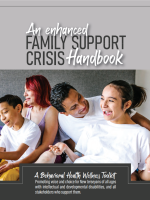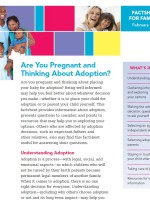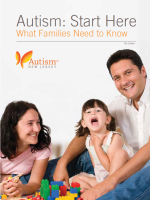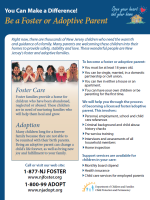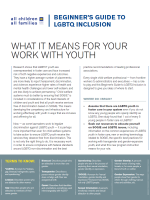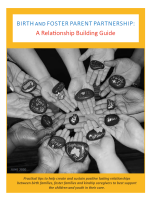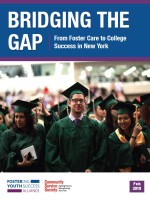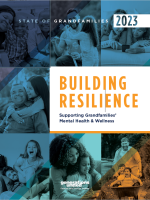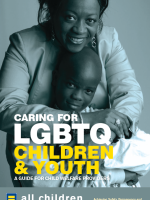The purpose of this expanded version of the Toolkit is to empower individuals with disabilities and their family and professional caregivers by providing information to more effectively advocate for persons with complex severe behavioral health conditions (which we formerly referred to as “dual diagnosis”) for treatments, supports, services and the conditions that promote mental wellness…. [read more]
An-Enhanced-Family-Crisis-Handbook-A-Behavioral-Health-and-Wellness-Toolkit-2024
Are You Pregnant and Thinking About Adoption?
Are you pregnant and thinking about placing your baby for adoption? Being well-informed may help you feel better about whatever decision you make—whether it is to place your child for adoption or to parent your child yourself. This factsheet provides information about adoption, presents questions to consider, and points to resources that may help you… [read more]
Autism: Start Here What Families Need to Know
Be a Foster or Adoptive Parent
Right now, there are thousands of New Jersey children who need the warmth and guidance of a family. Many parents are welcoming these children into their homes to provide safety, stability and love. These wonderful people are New Jersey’s foster and adoptive families.
Beginner Guide to LGBTQ Inclusion
Beyond the Golden Rule
Whether you are the parent of a 3-year-old who is curious about why a friend’s skin is brown, the parent of a 9-year-old who has been called a slur because of his religion, or the parent of a 15-year-old who snubs those outside of her social clique at school, this book is designed to help… [read more]
Birth and Foster Parent Partnership: A Relationship Building Guide
It is always better for children and youth to remain with their birth families if it is safe to do so. When foster care is necessary, the goal is to provide a temporary safe, stable and nurturing environment for children and adolescents while actively seeking and supporting reunification with their families. A robust relationship between… [read more]
Bridging the Gap
Our 2nd report (in collaboration with the Fostering Youth Success Alliance) detailing the issue of foster youth and higher education in New York, this document presents the specific components of an initiative to directly address the major challenges that stand in the way of foster youth succeeding in college.
Building Resilience: Supporting Grandfamilies’ Mental Health & Wellness, 2023
Building Resilience: Supporting Grandfamilies’ Mental Health & Wellness, 2023 The latest report from Generations United on grandparents raising grandchildren and relatives. Information includes how grandparents’ challenges effect mental health, various findings, services, supports and more.

